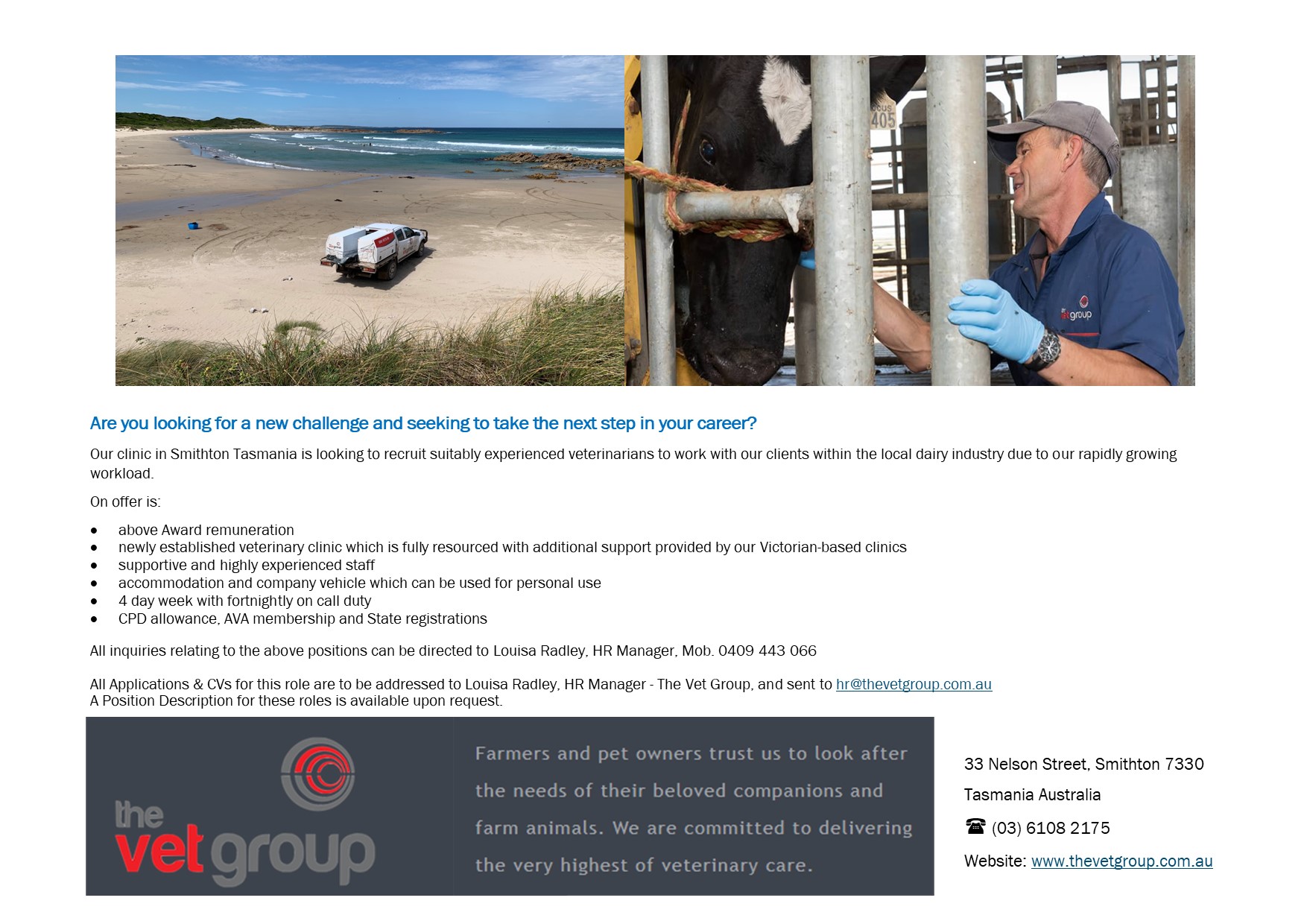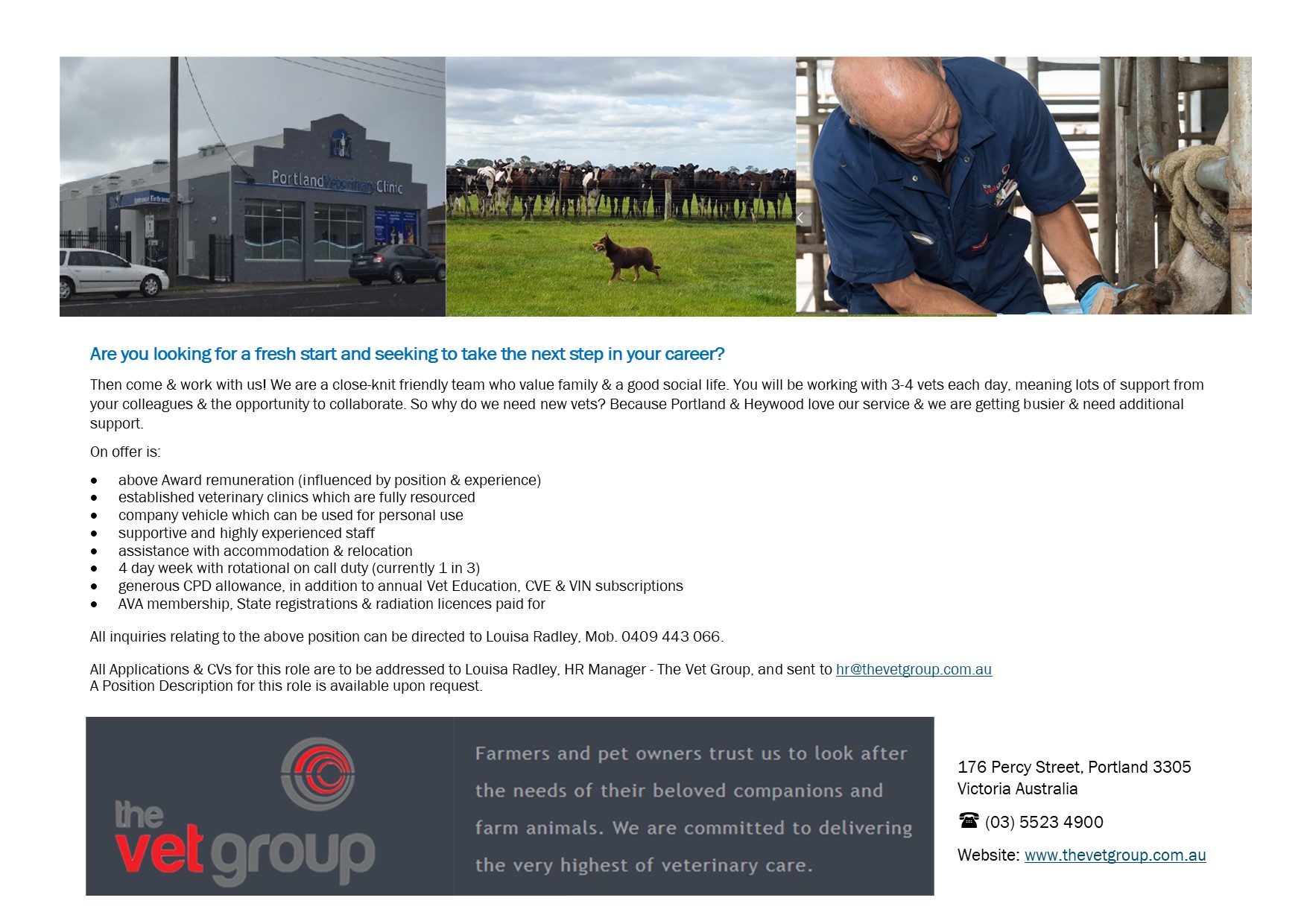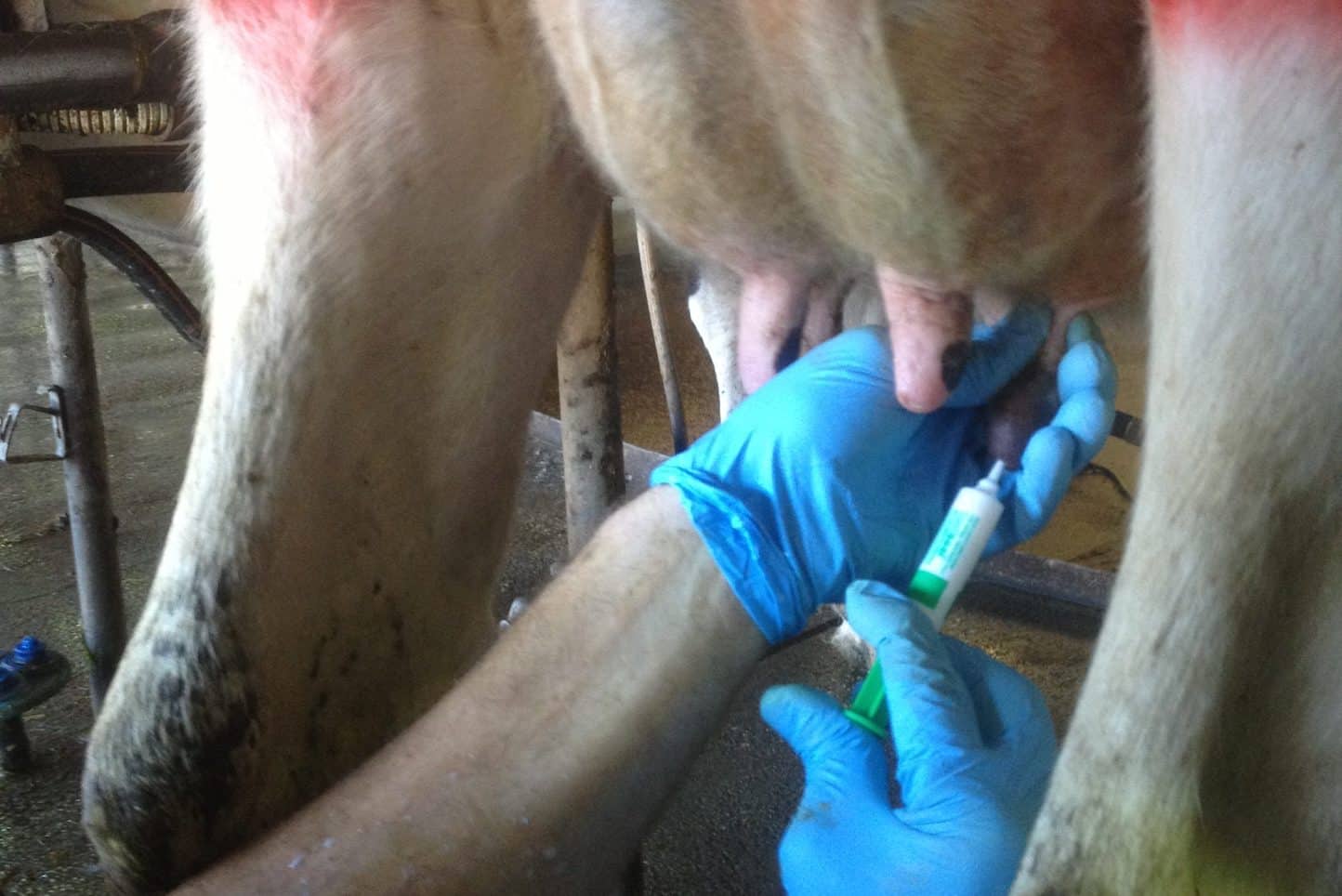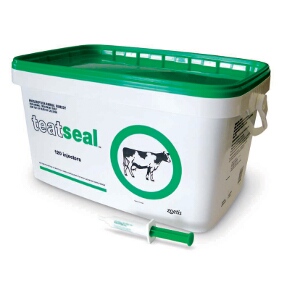Companion Animals Pet Care
Dog DesexingDesexing Dogs
Desexing your male Dog
When to desex your male dog?
Benefits of desexing your male dog
In spite of what some may think, there are several recognised and proven benefits of desexing male dogs. These include:
- Reduces roaming and aggression – entire male dogs are more likely to wander in search of females, and are more likely to exhibit aggression, especially toward other dogs.
- Reduces inappropriate sexual behaviour, such as mounting.
- Reduces territory marking.
- Prevents testicular cancer.
- Dramatically reduces the risk of prostate disease.
How are male dogs desexed (castrated)?
A dog castration is a day procedure and involves a general anaesthetic. A single incision is made from which both testicles are removed.
Are there any risks involved?
- While every general anaesthetic carries an inherent risk, desexing is an elective procedure carried out on a young healthy animal using modern anaesthetic agents similar to those used in human medicine, and as such there is minimal risk to your pet.
- We also have dedicated staff monitoring the anaesthetic and utilise modern equipment to monitor the patient continuously.
- In general, the benefits of desexing far outweigh the risks involved.
Myth busting
- Myth #1 ‘desexing will alter my dog’s personality.’ Aside from reducing unwanted behaviours, he will still essentially be the same dog.
- Myth #2: ‘desexed dogs are more likely to gain weight’. Desexing does not in itself cause weight gain – It simply reduces the dog’s metabolic rate, meaning you should feed your dog less.
How much will it cost?
The cost of performing the procedure depends mostly on the size of the patient as these impacts of the amount of medication required and the complexity of the anaesthetic and surgery. All our patients also receive mandatory pain relief included in the price. Please call us for a more accurate estimate and be sure to tell us the breed and age / size of your dog.
Desexing your female Dog
When to desex your female dog?
Benefits of desexing your female dog
- Female dogs in season pass a bloody discharge and must be strictly confined.
- Female dogs in season attract male dogs from a wide area.
- Prevents unwanted pregnancies.
- Prevents uterine infections (pyometra). If your dog develops pyometra she will need to be desexed, but the costs and risk of complications are much higher in this case.
- Dramatically reduces the risk of mammary cancer.
- Prevents phantom pregnancies.
How are female dogs desexed (speyed)?
A dog spay is a day procedure and involves a general anaesthetic. An incision is made into the abdomen and the entire uterus is removed along with both ovaries.
Are there any risks involved?
- While every general anaesthetic carries an inherent risk, desexing is an elective procedure performed on a young healthy animal using modern anaesthetic agents similar to those used in human medicine, and as such there is minimal risk to your pet.
- We also have dedicated staff monitoring the anaesthetic and utilise modern equipment to monitor the patient continuously.
- A spay carried out on an older, overweight or unhealthy bitch does carry a slightly higher risk of complications. For these pets we may recommend blood tests or a weight loss program prior to surgery, as well as intravenous fluids throughout the anaesthetic and during recovery.
- We do not spay bitches in season as this involves an unacceptable risk for an elective procedure. We recommend delaying the surgery by two months from when your bitch is first seen on heat.
- Incontinence is a rare complication that can arise from a lack of the hormone oestrogen after desexing, and is easily treated.
- In general, the benefits of desexing far outweigh the risks involved.
Myth busting
- Myth #1: ‘desexed dogs are more likely to gain weight’. Desexing does not in itself cause weight gain – it simply reduces the dog’s metabolic rate, meaning you should feed your dog less.
- Myth #2: ‘You should allow your bitch to go through a season before having her desexed’ – This is incorrect and unnecessary.
How much will it cost?
The cost of performing the procedure depends mostly on the size of the patient as these impacts of the amount of medication required and the complexity of the anaesthetic and surgery. All our our patients also receive mandatory pain relief included in the price. Please call us for a more accurate estimate and be sure to tell us the breed and age / size of your dog.






























